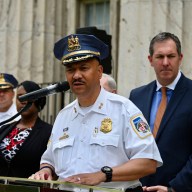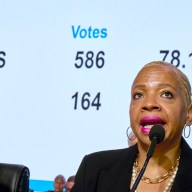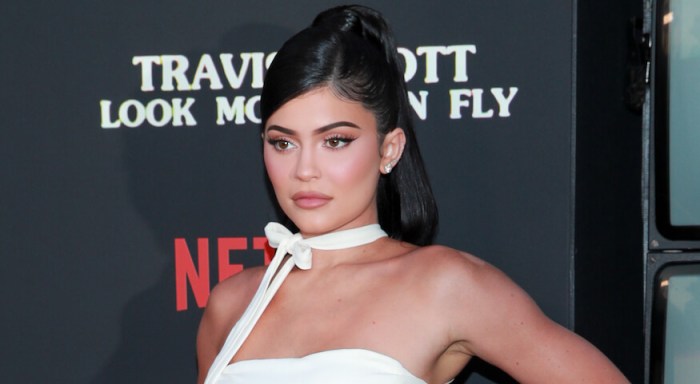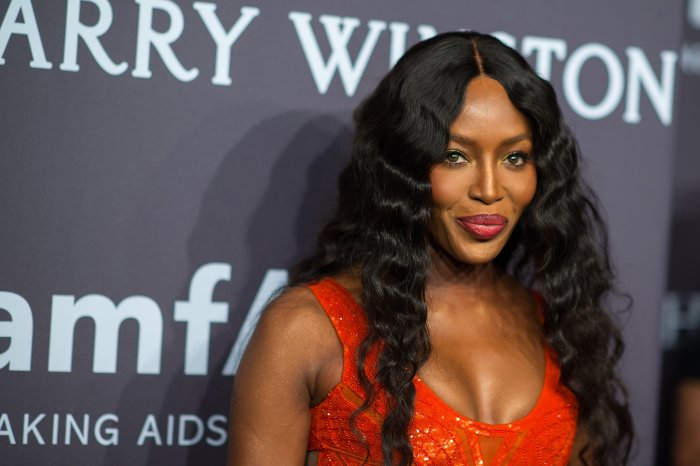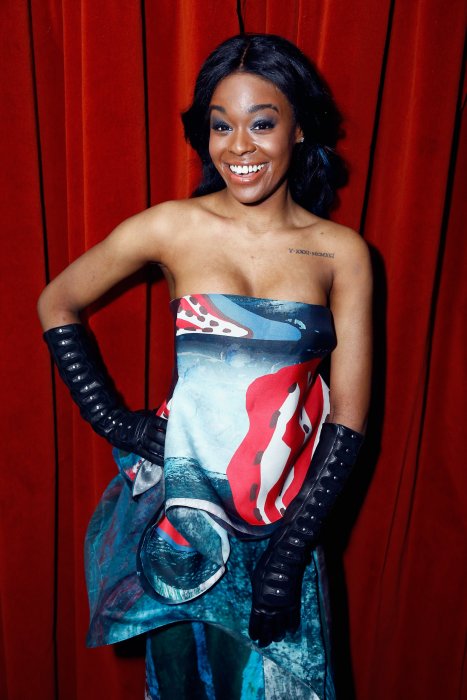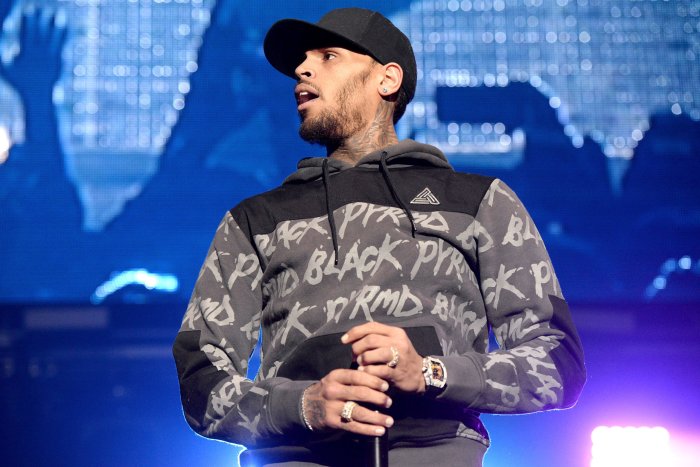As it turns out, it sounds like it’s pretty hard to get a band to lend your their song to use during your campaign for president.
This week, the Turtles and Queen issued statements after their singles were played by Team Donald Trump during the Republic National Convention without permission.
“We are frustrated by the repeated unauthorized use of the song after a previous request to desist, which has obviously been ignored by Mr. Trump and his campaign,” said Queen, after Trump entered stage left to “We Are the Champions,” clearly unbeknownst to the band. Meanwhile, “Happy Together” did not sound so happy when singer Howard Kaylan took to Twitter to announce, “We never approved this use. Now we call the lawyers.” Bad enough, Queen’s Brian May already advised against the use of their song by the Trump campaign in June, issuing a public notice on the band’s website stating. “This is not an official Queen statement, but I can confirm that permission to use the track was neither sought nor given. We are taking advice on what steps we can take to ensure this use does not continue. Regardless of our views on Mr Trump’s platform, it has always been against our policy to allow Queen music to be used as a political campaigning tool.” But it’s always been a bumpy road curating Trump’s personal soundtrack long before he snagged the Republic nomination. In fact, these artists didn’t even want to be dubbed over a speaker as Trump is in the same room. Let’s do a recap: “Jump Around” —House of Pain
In a now-deleted series of Tweets frontmanEverlast asked Trumpto back down after the song was played at a rally in April: “Hey@realDonaldTrumpstop using my song jump around at your rallies you piece of s—t. Cease and desist is coming you scumbag.” “It’s the End of the World as We Know It (And I Feel Fine)” — R.E.M.
Michael Stipe issued a statement to the Daily Beast on the usageof the band’s song during a September rally for Trump and Ted Cruz, which presumably was directed toward both of them: ”Go f—k yourselves, the lot of you — you sad, attention-grabbing, power-hungry little men. Do not use our music or my voice for your moronic charade of a campaign.” “Dream On” — Aerosmith
The band issued a cease-and-desist following an October Georgia rally where the song was played.A lawyer for Aerosmith re-quotedfor the Hollywood Reporter: “Trump for President does not have our client’s permission to use ‘Dream On’ or any of our client’s other music in connection with the Campaign because it gives the false impression that he is connected with or endorses Mr. Trump’s presidential bid.” (Trump thenwent on to sayhe had a “better song,” which… well… let’s move on.) “Start Me Up” — The Rolling Stones
Trump played the song during his Indiana primary victory speech but prompted received a note from the band asking, “Please stop.” Or something along those lines.According to EW.com: “The Rolling Stones have never given permission to the Trump campaign to use their songs and have requested that they cease all use immediately.” “Rockin’ in the Free World” — Neil Young
To be fair, Young said he believed that Trump went through the proper channels to get permission to play his tune at a rally last June. However, he wished Trump asked for his blessing first first. Young told Reuters,”The fact that I said I was for Bernie Sanders and then he didn’t ask me to use ‘Rockin’ in the Free World’ doesn’t mean that he can’t use it — but if the artist who made it is saying you never spoke to them, if that means something to you, you probably will stop playing it. And it meant something to Donald and he stopped.” “We’re Not Gonna Take It” — Twisted Sister
Dee Snider, who is more than willing to chat about his friendship with Trump, eventually asked the nominee to pull the song from his rallies after initially giving permission. “I had to ask him to stop using the song,” Snider told Billboard in May. “I said, ‘I didn’t realize some of the things you were going to represent — the wall, banning Muslims. I can’t get behind some of these things,’ and he said ‘OK’ and stopped using it and that was it.”
A brief history of bands asking Trump to back off
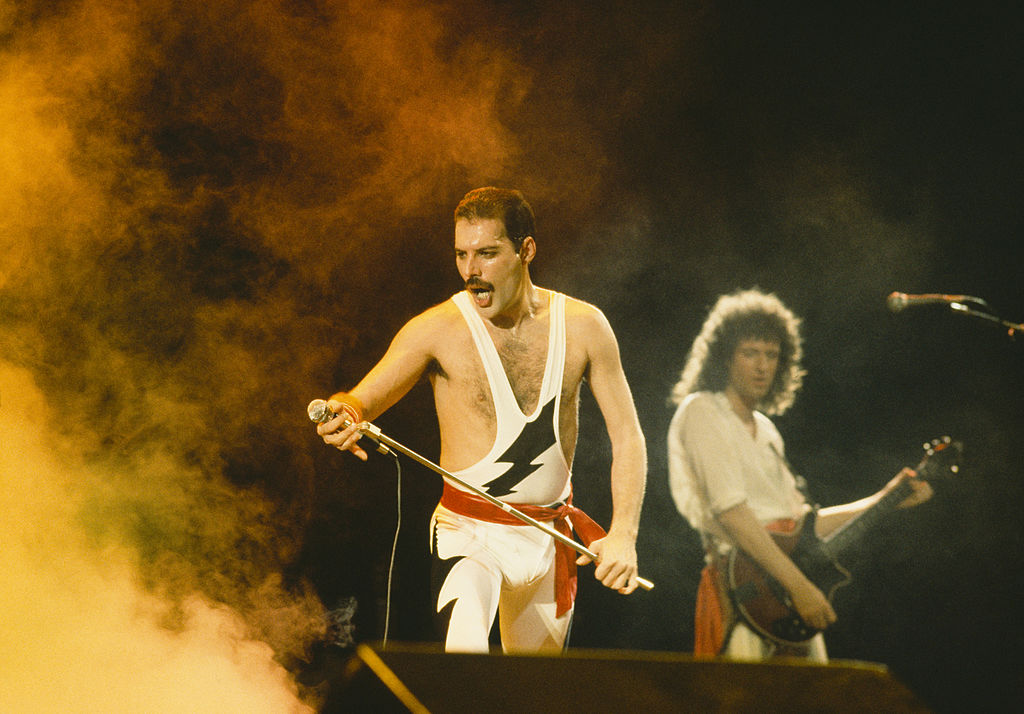
Dave Hogan/Hulton Archive/Getty Images








